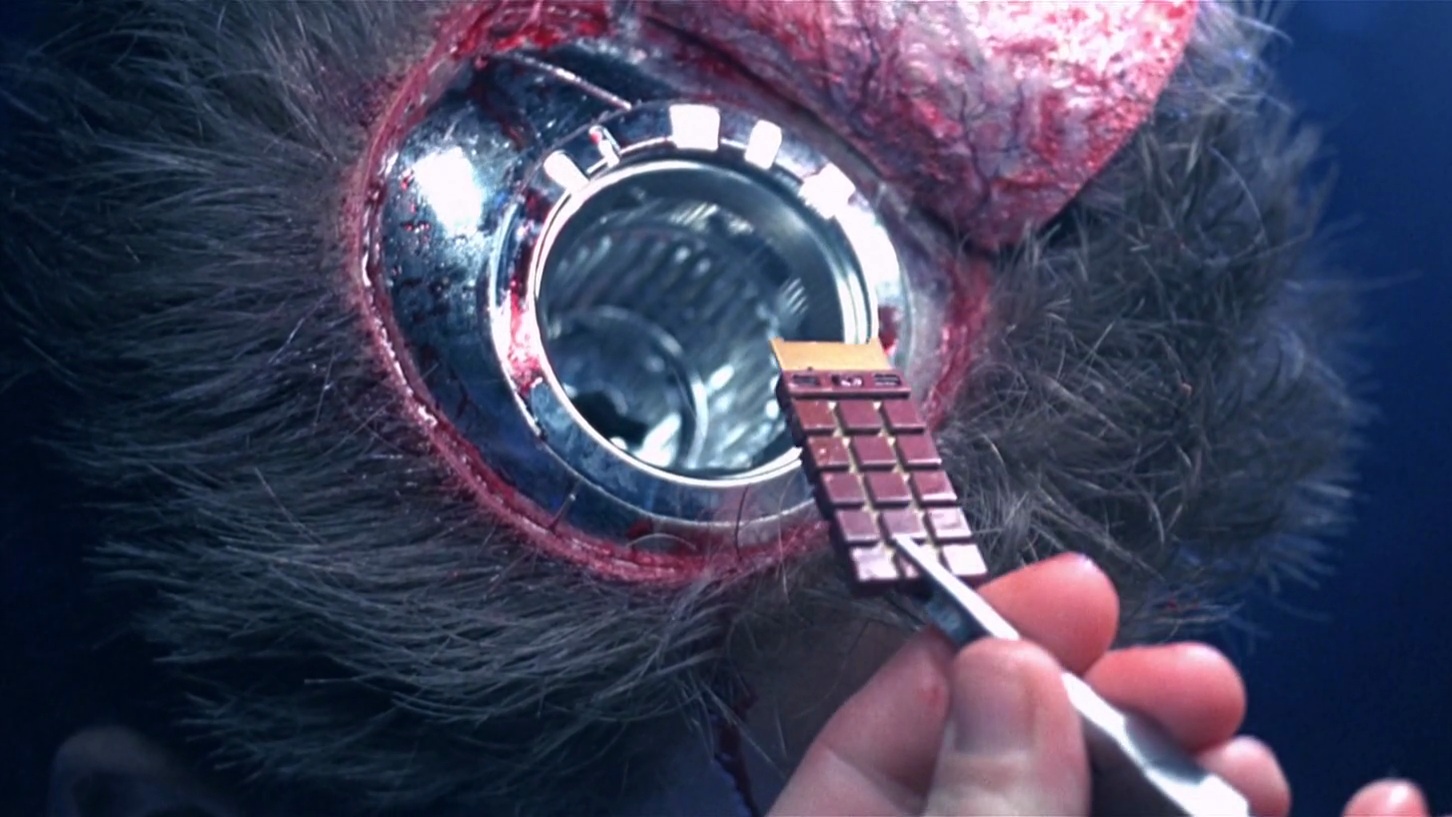Project Olympus: Microsoft custom-designing their own AI chips
2 min. read
Updated on
Read our disclosure page to find out how can you help MSPoweruser sustain the editorial team Read more

Some-one has to create Skynet, and to date, Google appeared to be in the lead, but Microsoft has started ramping up their own efforts to create a cloud-based AI infrastructure based on super-fast, dedicated, custom-designed AI chipsets.
Called Project Olympus, a Microsoft spokesperson described the work as “… server design, silicon and AI to enable cloud workloads.”
“We actually design a lot of our own silicon that goes into the data centres,” said Jason Zander, executive vice president for Azure.
Clues to Microsoft’s silicon efforts has been found in 3 recent job postings. Three months ago, Microsoft published at least three job openings within its Azure public cloud division, looking for candidates to work on features for an AI chip. In April Microsoft listed an opening for a silicon program manager, and “an engineer for software/hardware codesign and optimization for AI acceleration.”
Microsoft has invested in custom silicon before, using field-programmable gate array (FPGA) chips to create Project Brainwave, again to accelerate AI training. This effort is separate from that, however, a Microsoft spokesman confirmed. Microsoft has also talked about their new Holographic Programming Unit for the HoloLens 2 which will feature boosted AI-based capabilities.
Beyond the cloud, AI has been one of Satya Nadella’s biggest priorities, being mentioned 18 times in his memo to employees in March. Custom AI silicon is however expected to be an expensive venture, with analysts estimating Google has spent $200 million to $300 million on its TPU project. Microsoft has however not been shy to spend on infrastructure, having spent a record $3.5 billion in capital expenditures last quarter.
Microsoft is however playing catchup with Google, who are already on their 3rd generation of TPU hardware. It remains to be seen which company will be the first to welcome our new AI overlords.
Read more at CNBC here.










User forum
0 messages